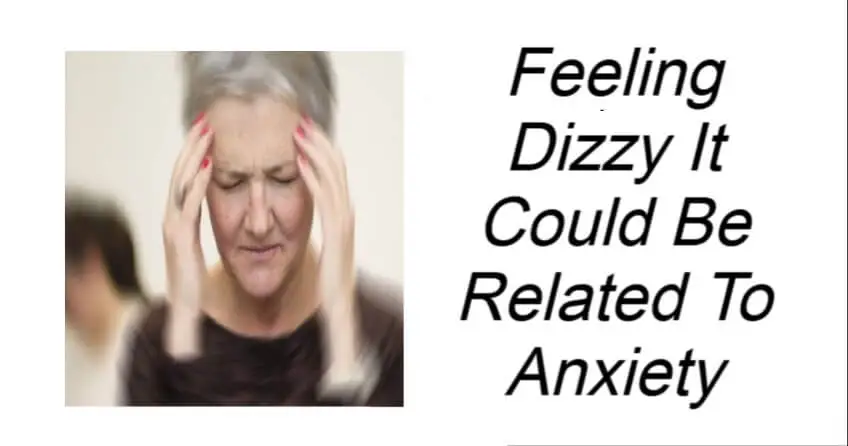Feeling Dizzy It Could Be Related To Anxiety
Have you ever felt dizzy and wondered if anxiety might be the culprit? Many people don’t realize that anxiety can cause physical symptoms, including dizziness, nausea, and digestive issues. Understanding this connection can help you manage anxiety more effectively and regain control over your well-being.
The Psychological and Physical Effects of Anxiety
Anxiety is commonly associated with emotional symptoms such as:
✅ Nervousness
✅ Worry
✅ Difficulty concentrating
✅ Avoidance behavior
However, anxiety doesn’t just affect your mind—it also has a significant impact on your body.
Can Anxiety Cause Nausea?
Yes, anxiety can lead to nausea and other digestive issues. Your digestive system is sometimes referred to as the “second brain” because it has the second-largest concentration of nerves in your body, after the brain itself.
When anxiety triggers the release of stress hormones, it can disrupt digestion and cause:
🔹 Nausea
🔹 Stomach cramps
🔹 Loss of appetite
🔹 Diarrhea or constipation
🔹 Indigestion
This is why many people with anxiety experience an upset stomach before stressful situations.
Can Anxiety Lead to Dizziness?
Absolutely. Many individuals with anxiety disorders—especially panic disorder—frequently report dizziness.
One possible explanation is that anxiety triggers the body’s fight-or-flight response, releasing stress hormones that can affect the vestibular system in the inner ear. This system is responsible for maintaining balance and spatial orientation. Any disruption can lead to dizziness, lightheadedness, or even vertigo.
How to Reduce Anxiety-Related Dizziness
If you experience dizziness or other anxiety symptoms, try these calming techniques:
🧘 Take deep breaths – Deep, slow breathing helps regulate your nervous system and reduce stress.
👁️ Close your eyes and focus – This can help reset your balance and calm your mind.
💆 Relax your muscles – Progressive muscle relaxation can release built-up tension.
🌿 Engage in grounding techniques – Focus on something calming, like music, a soothing scent, or a simple repetitive task.
By understanding the connection between anxiety and dizziness, you can take proactive steps to manage stress and improve both your mental and physical well-being. If dizziness persists, consulting a healthcare professional can help rule out other potential causes.
Remember: Your mind and body are deeply connected. Taking care of one means taking care of both.
You’ve just read, Feeling Dizzy It Could Be Related To Anxiety . Why not read Manager Had To Hire A New Employee.

